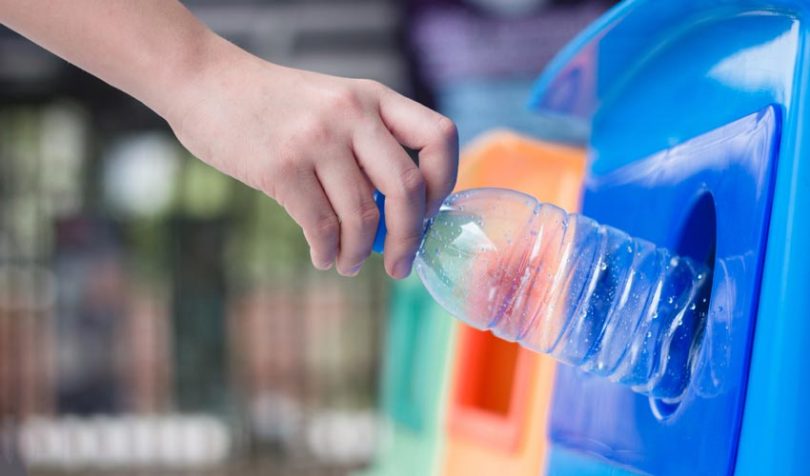Blockchain’s potential for environmental conservation is slowly gathering pace, and a German association BIOTA has launched its ‘Deposy’ project to explore the sector. Deposy, a play on the words ‘deposit system’, is using blockchain and internet of things (IoT) devices to incentivize plastic waste collection.
The organization aims to acquire plastic waste directly from the consumer instead of employing new methods of collecting the trash. The idea is that it can cut recycling costs and promote segregation of plastic waste.
So, what is the solution by Deposy? The project is using IOTA, an open-source distributed ledger technology(DLT) platform and cryptocurrency, to process payments for recycling. One of the advantages of using IOTA is there are no transaction costs which makes it suitable for paying tiny amounts. Practically anyone can hand over plastic waste and get paid for it.
But the incentives are not funded by the company. The idea is to charge the consumer an additional deposit for the plastic packaging. This packaging will come with a QR code, which can be scanned at a Deposy vending machine to refund the deposit money. The payment will be transferred to the recycler’s digital wallet in the form of IOTA.
The organization is hopeful that it could even receive subsidies meaning the recycler will get more than the initial deposit.
But not everyone has a cryptocurrency wallet. To solve this, Deposy has partnered with Swiss firm Omoku. The company offers a software layer to convert IOTA payments into Euros or any other local currency.
But recycling doesn’t end here. Deposy’s Oliver Hanstein tells 150sec that there are eight main types of plastic, which adds to the complexity of recycling. So, the recycling bin must have separate compartments for different plastics. The team is currently working on overcoming this hurdle.
Meanwhile, Deposy is working with Lidbot for efficient handling of plastic waste. Lidbot’s solution is an IoT sensor which sticks to the waste bin and notifies the company when a container is full or emptied. The sensors come fitted with cellular service, which could potentially upload data to a blockchain, thus streamlining the recycling process with trusted data.
The Deposy project is currently in its early stages, and the team is working on a prototype.
Other plastic recycling projects
There are similar projects live at the moment. U.S.-based household cleaning supplies maker SC Johnson is working with Plastic Bank to use blockchain for preventing plastic entering the sea. Plastic Bank has set up collection centres in South East Asian countries and provides token-based incentives to waste pickers to spend on other goods and services.
Dell and its unit VMware are using blockchain to track and trace the packaging material used for the former’s computer products. VMware’s blockchain underpins Dell’s existing supply chain of recyclers.






